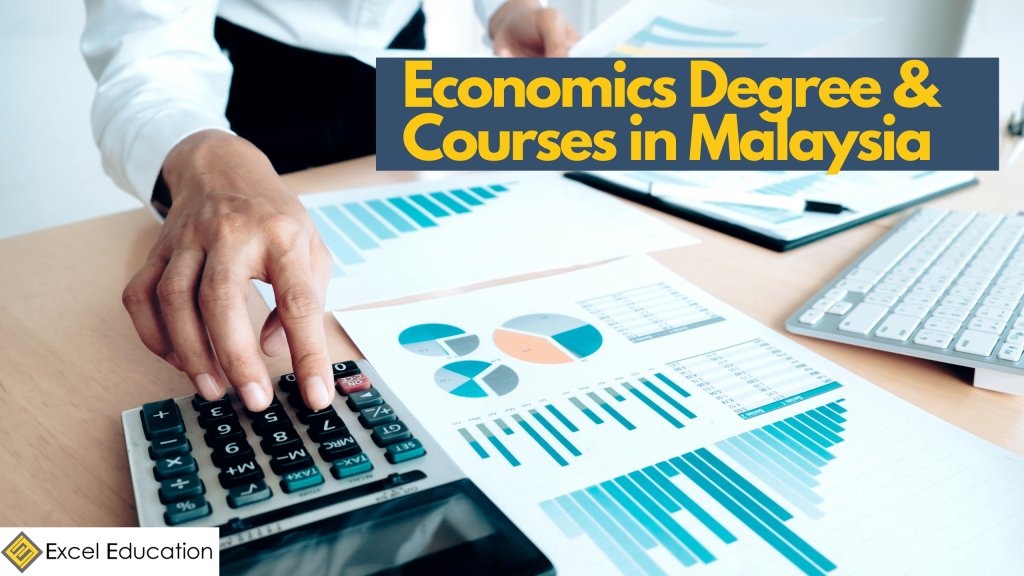
With the current pandemic ongoing, the “word” economy or economic would have been repeated multiple times either on the national news airing on the tv or the local newspaper. If you’re someone who has been following news about financial reports and the current economic trends; and has been curious about what affects a country’s economy and how could a country improve its economy, a degree in economics might be the right one for you.
In this article, we’ll be diving deeper into the basics of economics, why is it important and the pathway to becoming an economist.
What is Economics?
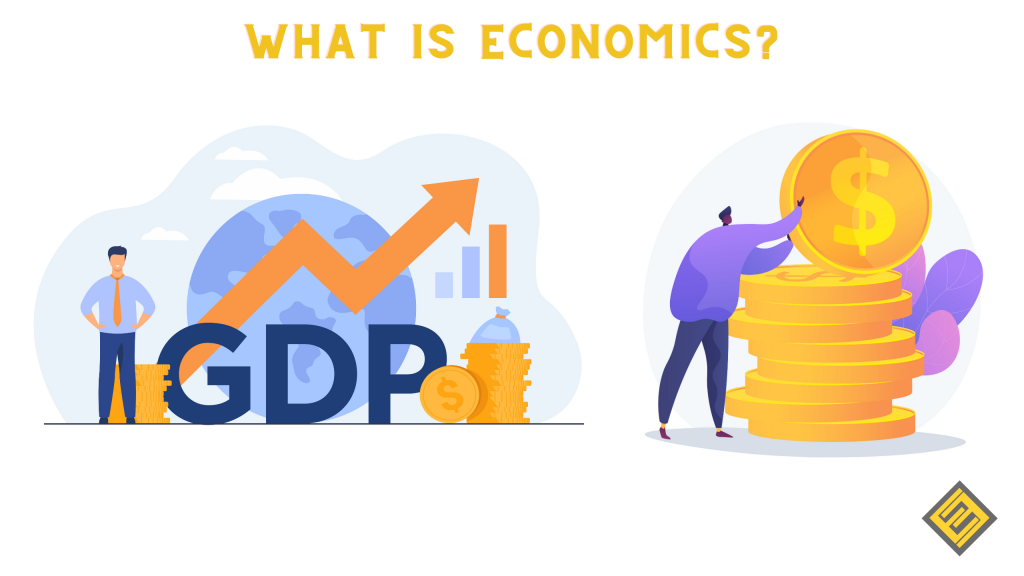
Economics is one of the social science groups that explore issues that impact financial situations and decisions. Economics looks at how the world’s limited resources are used and distributed among individuals and organizations. It also studies how people make choices under scarcity (limited) and the impact of these decisions on society.
The two significant branches of economics are macroeconomics and microeconomics. Microeconomics is the study of individual choices under scarcity, and its implication on prices and quantities in a particular market. For example, when there’s a limited amount of face masks available in the market, prices of face masks go up, but people would still buy as long as the necessity of face mask continues to be present in the market. While Macroeconomics looks at the bigger picture of a country’s economy as a whole; and studies national economics and the policies the government implements to improve its economic performance. Macroeconomics tries to find answers and solutions for questions such as “What would the inflation rate be in the next 5-10 years?” or “Why is the rate of unemployment increasing and what could be done on a national level to decrease the rate of unemployment?”.
Why is Economics Important?
Economy and business work hand in hand, one isn’t able to survive without the other. Businesses are the engines of an economy as they provide job opportunities which generate incomes, make goods and provide services for consumers to purchase. A balanced healthy supply and demand chains in a thriving market is what economics is about. Economies can exist without businesses, but they will not be substantial. Imagine an economy where everyone just works for themselves and produces their own products, there would be a limitation in the purchasing power resulting in not everyone’s needs or demands could be met. A thriving economy in any country helps to improve the quality lives of its citizens by improving one’s earning and spending power, better health care development and also the quality of education.
What are the Roles of an Economist?
An economist is an expert who studies the relationship between a society’s resources and its production or output. Economists study societies ranging from small communities to the entire nation and even the global economy.
An economist’s expert opinions and research findings are used to help shape a wide variety of policies, including interest rates, tax laws, international trade agreement, and employment programs.
There are various duties of an economist, including researching economic issues, conducting surveys and collecting data, interpreting and forecasting market trends, and advising businesses and the government.
What are the Skills Needed to Pursue an Economics Course
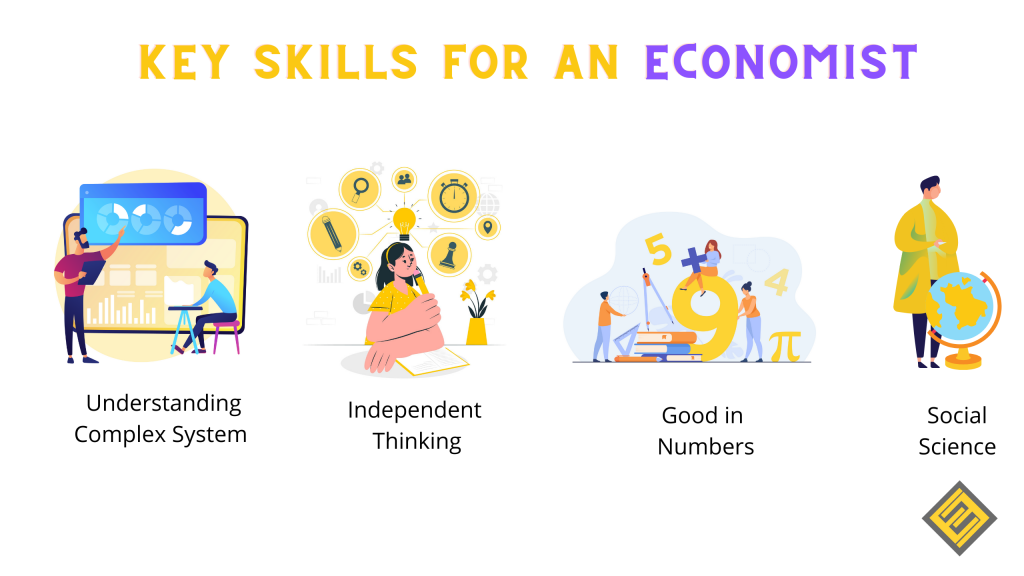
- Knowledge of social sciences: Although mathematics is an important skill it is not all you need to become a successful economist. Economics also has much common ground with other social science subjects that plays an important role too. For example, psychology helps economists observe consumer behaviour while history is the study of events, allows economists to look at the similarities of different events and question if it supports a particular economy theory or model.
- Independent thinking: While it’s evident that it is essential to know other people’s work and theories but to be a successful economist, you also will need to have insights and ideas of your own. The ability to think for yourself and question what you know will allow you to take new directions and develop original research that will make you a better economist.
- Good in numbers: Numeracy is a crucial skill for an economist. From dealing with large datasets to interpreting visual data like graphs, you’ll need to be comfortable handling numbers and working with mathematical principles.
- Good at understanding complex systems: The fact is that economics is a complex subject which looks at complex systems. You’ll need to be able to pull together information from different sources from various fields.
Career Path for Economics Graduates
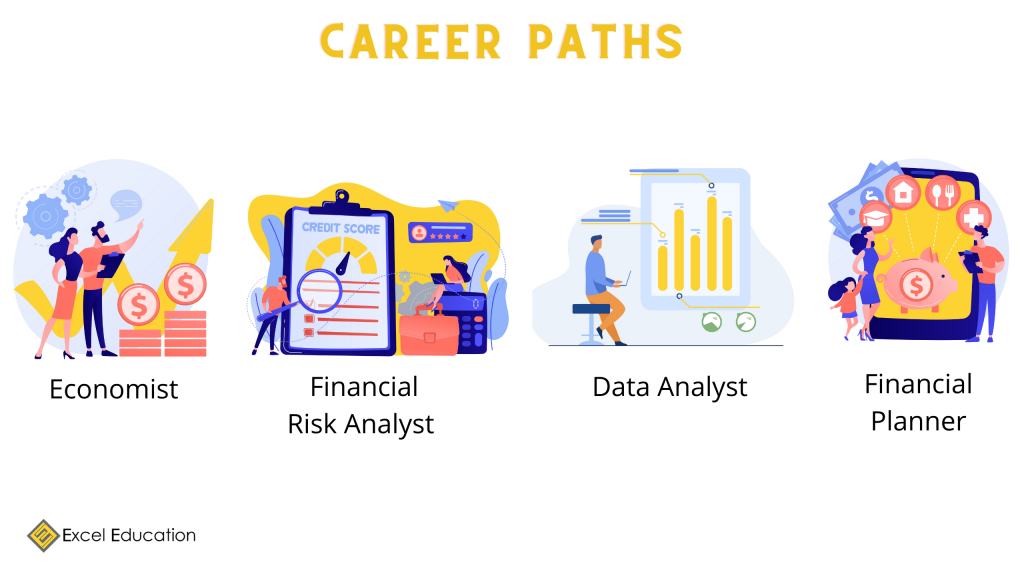
- Economist: Study how society distributes resources, such as land, labour, raw materials, and machinery, to produce goods and services. They conduct research, collect and analyze data, monitor economic trends, and develop forecasts on a wide variety of issues, including energy costs, inflation, interest rates, exchange rates, business cycles, taxes, and employment levels, among others.
- Financial Risk Analyst: Identifies and analyses potential risk threatening the financial position of commercial and industrial corporations.
- Data Analyst: A data analyst collects, processes and performs statistical analyses on a large dataset. They discover how data can be used to answer questions and solve problems related to financial and economic trends.
- Financial Planner: A financial planner is a qualified investment professional who helps individuals and corporations meet their long-term financial objectives or to build and obtain wealth. Financial planners do their work by consulting with clients to analyze their financial goals, risk tolerance, and life or corporate stages and then identify a suitable class of investments.
What are the Core Subjects Taught in Economics?
- Statistics
- Econometrics
- Macroeconomics
- Microeconomics
How Do I Become an Economist
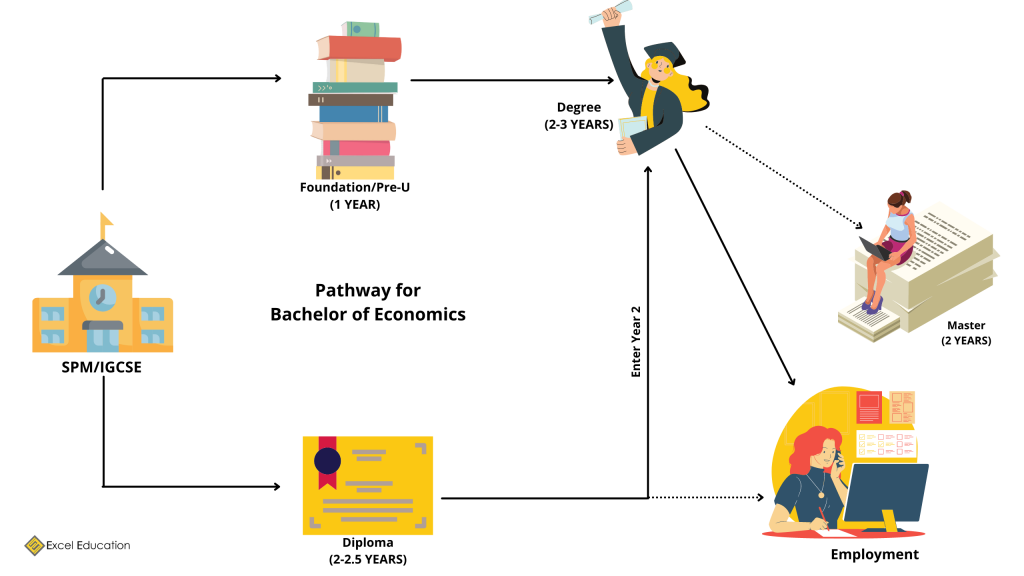
There are two pathways to become an economist, the first pathway takes around 3 years after completing the pre university program (A-Level, Foundation, etc). The second pathway is by signing up for a Diploma program which roughly takes around 2-2.5 years to complete and students can progress directly into Year 2 of the degree program.
General Entry Requirement
A-Level | Minimum 2Es |
Diploma | Minimum CGPA of 2.0 |
Foundation | Minimum CGPA of 2.0 |
STPM | Minimum CGPA of 2.0 |
UEC | Minimum 5Bs |
Entry requirements vary according to universities. For inquiries on any other entry requirements please contact us at Excel Education
Top Universities to Study Economics
Nottingham University, Malaysia
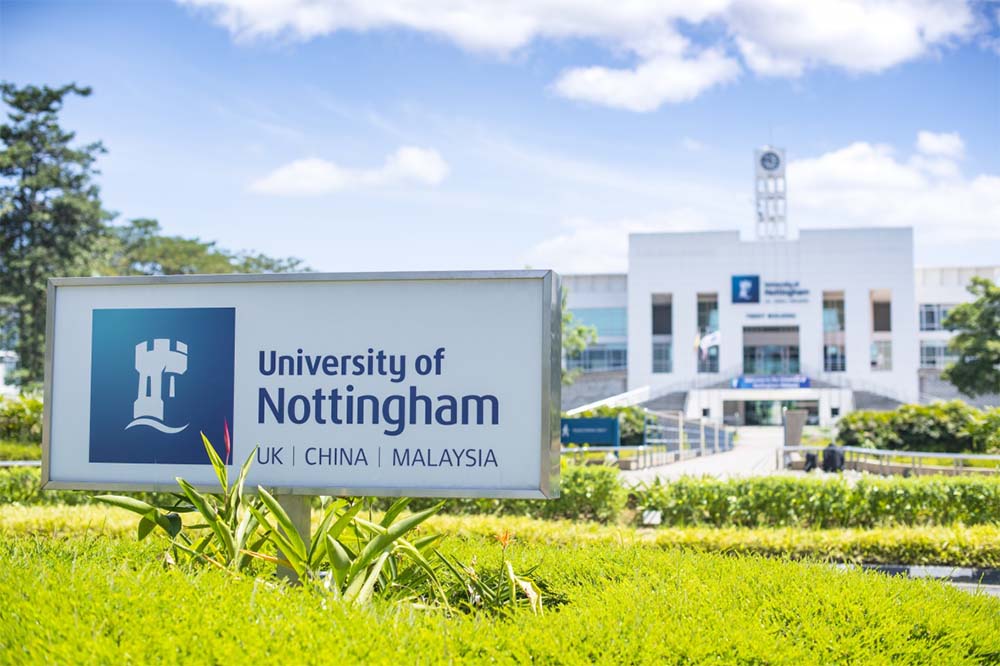
Picture Credit: University of Nottingham Malaysia
Nottingham University provides the flexibility for students to tailor the course according to their choice of interest as Nottingham provides two options of in-depth courses for Economics. By providing a wide range of subjects, Nottingham lays the foundation for their students in terms of techniques and knowledge that they are sought after by employers. Ranked to be in the top 200 universities around the world, Nottingham provides their students to transfer campuses in China, Dubai or the campus in the UK itself.
Programme | Bachelor of Science (Hons) Economics | Bachelor of Science (Hons) Economics and International Economics |
Duration | 3 Years | 3 Years |
Intake | September | September |
Indicative Fees (2021) | Local: RM 37,300 International: RM 46, 800 | Local: RM 37,300 International: RM 46, 800 |
Monash University, Malaysia
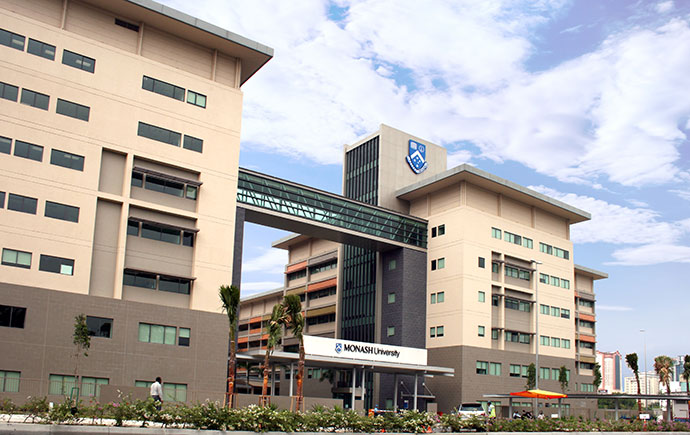
Picture Credits: Monash University Malaysia
Monash University offers 9 different majors and one of them is Applied Economics. Students are given the choice of either choosing to pick one or two majors in their degree program. Students will be covering modules about business, commerce and also applied economics much more in-depth which makes them much more wanted industry.
Programme | Bachelor of Business & Commerce, major in Applied Economics |
Duration | 3 Years |
Intakes | February, July & October |
Indicative Fees (2021) | Local: RM38, 213 International: RM 43, 680 |
Taylor’s University

Picture Credits: Taylors University
Taylors University program equips students with an in-depth understanding of economics behaviour and an extensive knowledge on the financial sector. Unlike other institutions, Taylor’s University provides students with the flexibility to study modules who have multiple interests either related or unrelated to the degree program. Students are also given the option to complete their final year by transferring to the partner universities in Australia. Graduates from the program will also be given the opportunity to pursue the Chartered Financial Analyst (CFA) program.
Programme | Bachelor of Business (Hons) Finance & Economics |
Duration | 3 Years |
Intakes | January, March & August |
Indicative Fees (2021) | Local: RM 99, 878 International: USD 29, 212 |
Help University
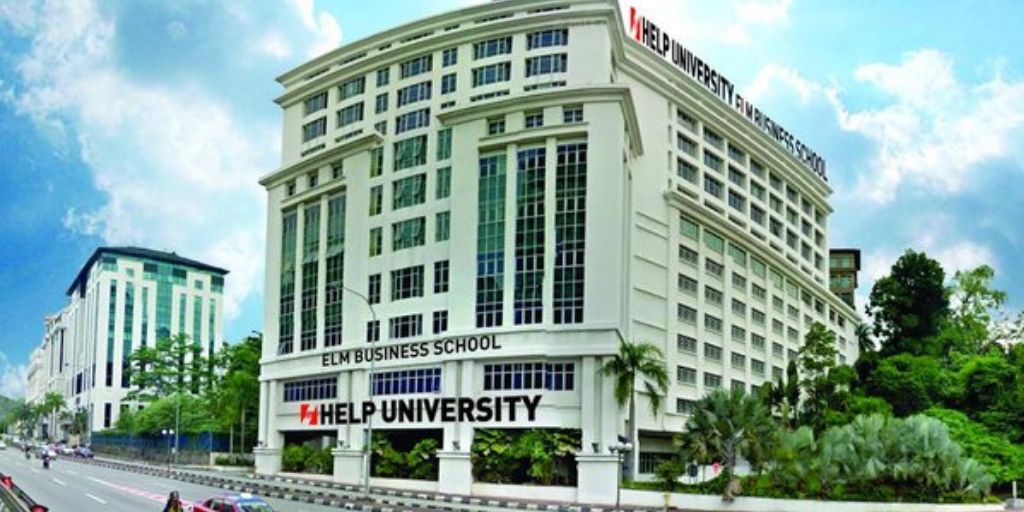
Picture Credits: Vn Edu
Help University provides their students with two options to enroll into which are the degree program provided by Help University or by University of London, the duration for both universities however remains the same and can be completed locally. Help University emphasizes both theory and relevant application. Upon graduation, students will be able to embark on various career paths.
Programme | Bachelor of Economics (Hons) | Bachelor of Science (Hons) Economics, University of London |
Duration | 3 Years | 3 Years |
Intakes | January, May & August | March, May, July & September |
Indicative Fees (2021) | Local & International: RM 62, 300 | Local & International: RM 50, 000 |
Multimedia University CyberJaya (MMU)
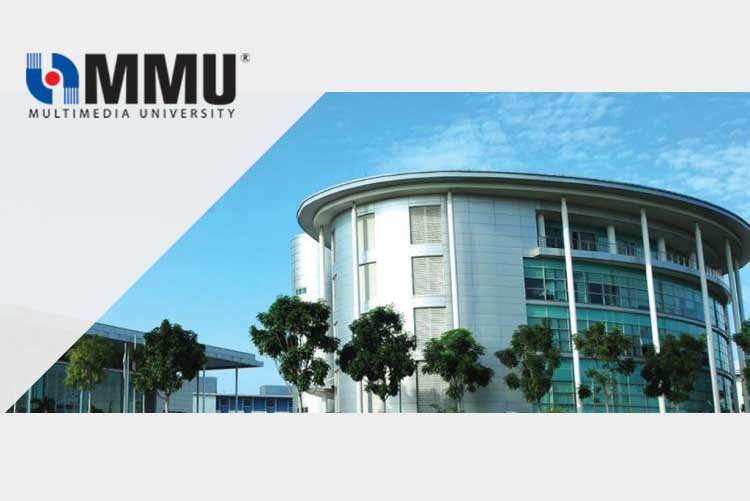
Picture Credits: MMU
Students in this program will be able to construct various econometrics models for analysis and decision making. MMU also provides the opportunity for students to pick their own elective subjects for the program by providing 5 different elective options. However, since this is a degree that has significant hours for quantitative and programming subjects, hence making the graduates from MMU ready for the working world.
Programme | Bachelor of Analytical Economics (Hons) |
Duration | 3 Years |
Intakes | April, July, September & November |
Indicative Fees (2021) | Local: RM52, 000 |
Articles you might be interested in
About the Author

Rebecca Visvanathan
Caffeine addict that’s constantly on the run!

